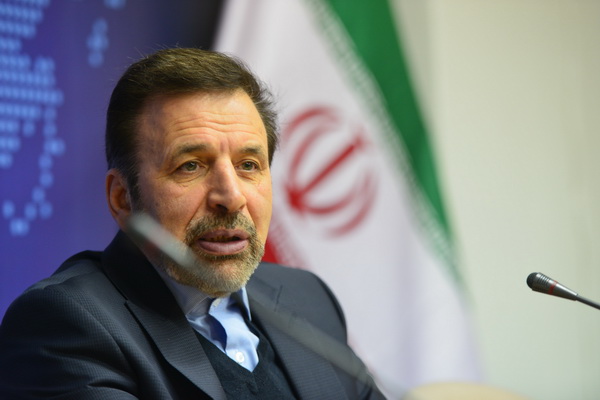Vaezi has noted that undoubtedly, when the US sanctions are lifted, being in the current situation could pose a serious threat to the country’s banking transactions with the world.
“So we are determined to resolve the problems and make the next government an appropriate platform for serving the people.”
In 2013, we had a situation similar to the one that came up on Friday and we were facing a lot of restrictions, but the government did its best to get out of this situation. We put in place four bills and all these bills are in line with the policies and programs that we must pursue regarding money laundering and counter-terrorism financing, underlined Vaezi.
“Today, in the face of sanctions and the enemy’s maximum pressure policy, all our efforts are to design a strategy and a mechanism that will have the least impact on the current state of the economy” the president’s chief of staff stated.
Vaezi further pointed out that unlike the atmosphere that has been affecting the exchange rate since Friday, it is believed what has happened will not affect the currency and banking situation in the country, and the situation will become normal as soon as possible.
The Financial Action Task Force said on Friday that Iran would stay on its blacklist, and called on member states to sanction the country.
The world’s top antiterrorism monitoring group voted to keep the Islamic Republic on its blacklist for failing to tackle terrorism financing at home, extending international sanctions at a time when the country had hoped to offset its struggling economy by doing business with Europe.
The Financial Action Task Force, a Paris-based monitoring group, had given Iran a February deadline to approve antiterrorism legislation or remain on the blacklist. Although Iran’s parliament passed the legislation, a top body voted it down.
